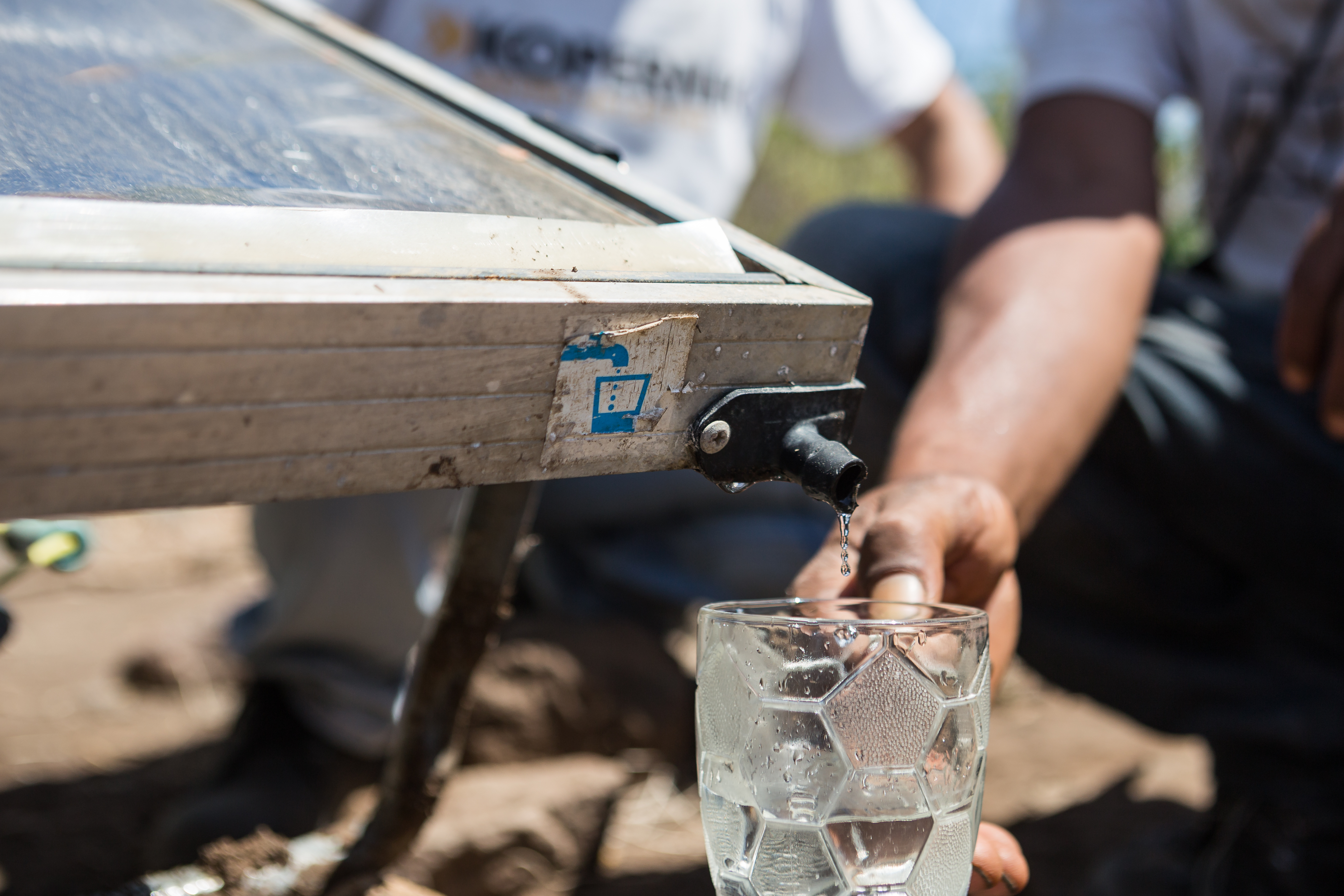At the beginning of this year, Kopernik introduced a new series of projects called ‘experimentation projects’ as part of our commitment to find what works to reduce poverty in the last mile. The nature of experimentation is characterized by trial and error, an approach of “try, fail, learn, repeat”. However, this leads to a fundamental question; When failure is part of the process, how do we measure our effectiveness?
First, we measure the effectiveness of our solution - are we solving the problem we set out to address? This first step involves setting out a clear hypothesis for the experiment, our expected outcome and we then collect data to prove or disprove this hypothesis. If we “fail” and disprove our hypothesis, it is not necessarily a negative result, this usually just means adjustment is required. Often this carries us onto a ‘phase two’ project, where we take what we learned and improve. We can try, fail, learn, repeat, onto phase two, three and four, however long it takes to reach an adequate proof of concept.
 Testing solar desalinator as part of our experimentation projects.
Testing solar desalinator as part of our experimentation projects.
Second, we count ‘reach’ as a defining factor of effectiveness. We publish the results of our experiments, both successes and failures in order to provide ‘lessons learned’ for development practitioners. Sharing our findings are essential for us to promote the concept of collective impact. The more people we can reach and the more information we can provide to shape successful development projects - making them more impactful and cost-effective, the more ‘effective’ our projects are.
We know that small-scale, low investment tests of ideas can have certain limits in terms of ‘number’ targets, e.g. the ‘number of people reached’ and the ‘number of technologies distributed’. Those numbers can be considerably low when we are testing one technology at a time. However, we feel that it is at the next stage, when another organization, social enterprise or government body can scale up our proof of concept, that those numbers will be realized.
Interested in learning more? Join us at the Social Advocacy and Leveraging (SEAL) Conference on the 27th of September in Bali. I will be presenting in Parallel Session B1: Tools for Measuring the Effectiveness and Performance of Social Entrepreneurship Interventions and explain three specific examples to illustrate how Kopernik measures effectiveness through our experimentation projects. We hope to see you there!


